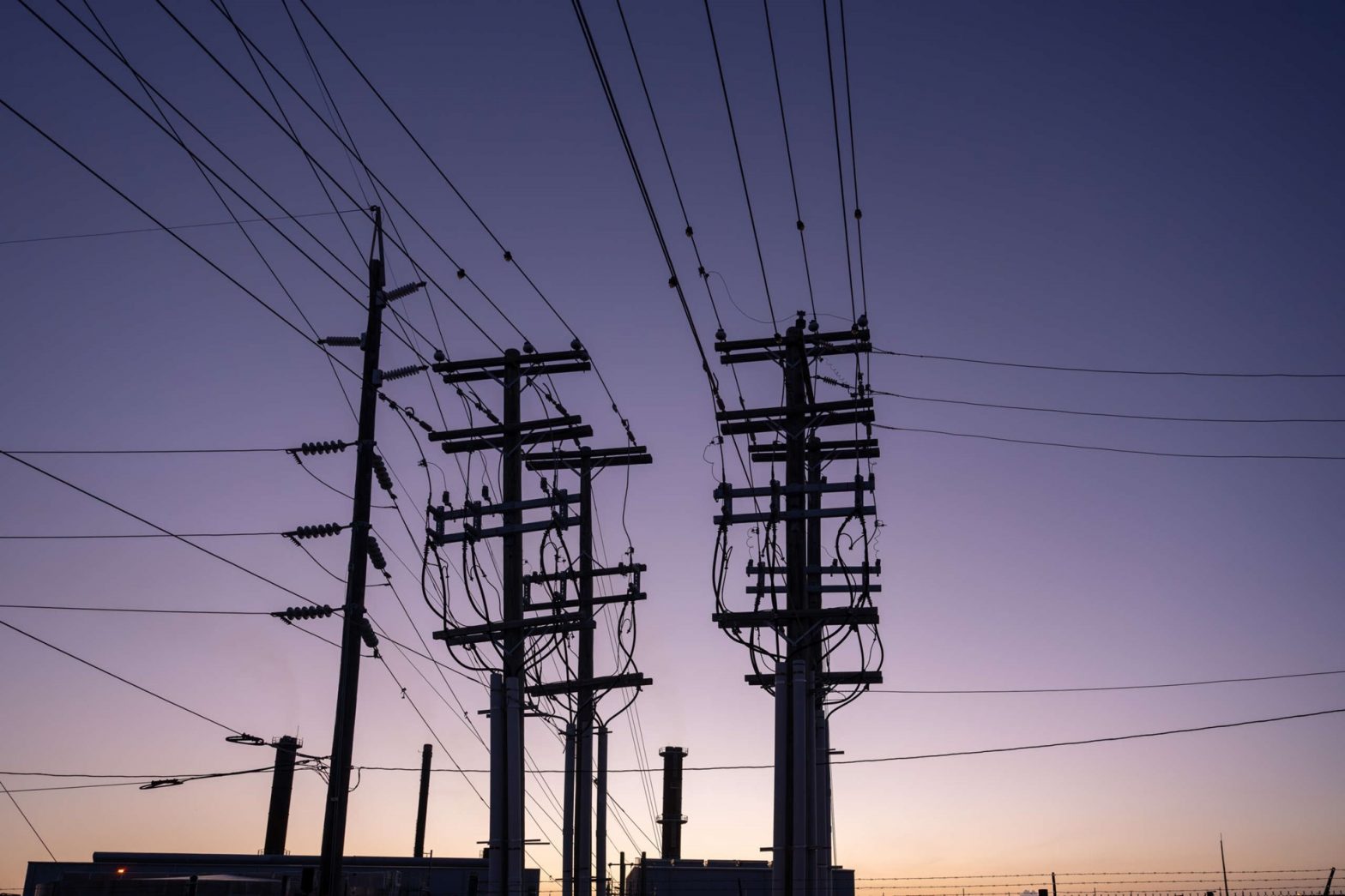
‘Conflict of interest’ concern over CUC’s renewable energy bid links
May 18 2023
Concerns have been raised over conflicts of interest for Grand Cayman’s monopoly utility company CUC as the island attempts to accelerate its transition to renewable energy.
The Ombudsman – Cayman’s public sector complaints watchdog – has flagged potential challenges with the bid process for large-scale solar projects.
“It appears that one bidder (CUC), which already holds a monopoly position in terms of the sale of electricity, is co-designing the specifications of the request for proposal for an upcoming bidding process, in which they, themselves, will be an interested party,” Ombudsman Sharon Roulstone wrote in a hearing decision on a related freedom of information dispute.
“In my mind, this has the appearance of a conflict of interest.”
Cayman currently generates around 3% of its power from renewable energy – one of the lowest proportions in the developed world. It has set an ambitious target of hitting 100% by 2050.
Utilities regulator OfReg has been tasked with organising a bid process for new large-scale power generation to increase that proportion. An initial solicitation for a 23 MW solar farm is in progress.
CUC, which has responsibility for distributing electricity to all homes and business in Grand Cayman through the national grid, is also heavily involved in the specifications for that process.
The Ombudsman’s report acknowledges that this may be necessary given the complexity of the process.
But she warns it could give CUC – which also wants to bid on the project and hopes to build and operate multiple utility-scale solar farms – an unfair advantage over rivals for those contracts.
“It is not clear how OfReg intends to safeguard equitable competition principles in the evolving electrical power generation landscape, in the first instance in relation to the RFP which – as both OfReg and CUC stated – is jointly being prepared between them,” she wrote.
OfReg ordered to release cost and solar reports
Her comments came in the context of a freedom of information ruling, ordering the release of a pair of reports including details of CUC’s costs and technical estimates of the capacity to integrate renewable energy onto the national grid.
Both OfReg and CUC had attempted to argue that this was confidential commercial information that would harm CUC’s interests in the upcoming bid process for renewable-energy contracts.
But the Ombudsman dismissed those concerns and suggested the opposite was true, saying it was possible releasing the records would actually “enhance ‘effective and fair competition’, given that one party already seems to have an advantage”.
She also opined that protections for businesses from disclosing pricing information under the FOI Act were less relevant in this case “since CUC does not have commercial competitors”.
The Cayman Renewable Energy Association made an initial application through the FOI Act in April 2023 for the release of the two reports.
OfReg released a portion of the 2014 CUC Cost of Service Study, which is a document produced for the regulator to justify CUC proposals to increase base electricity rates. However, most of the document was withheld from release. The Incremental Distributed Solar Study (2023) was withheld entirely.
In its hearing decision, the Ombudsman found that OfReg had not demonstrated the relevance of the records to the bidding process, nor the potential harm to commercial interests that might be caused by releasing them.
Victory for renewable energy association
CREA hailed the ruling as a victory.
In a statement released to the Compass, the organisation said:
“The Ombudsman’s ruling makes clear that the reasons espoused by CUC and OfReg for keeping secret the information around CUC’s costs as well as how much renewable energy can be added to the grid are totally without merit and detrimental to the country.
“CREA and its advisors will be looking into these documents in great detail as well as continuing to pursue other information held by CUC and OfReg that is crucial to consumer interests but are not yet in the public domain.
“CREA also shares the Ombudsman’s concern about the influence CUC has over OfReg’s process for procuring utility scale renewable energy; we call on the Government to take steps to ensure that the regulator becomes independent of CUC’s influence and more transparent with the public on matters which directly affect consumers.”
Transparency and accountability
Elaborating on the reasons for ordering the release of the reports, the Ombudsman noted, “There is a very strong public interest in ensuring a level playing field in bidding processes for utility services, in general, specifically in relation to the forthcoming bidding process for Utility Scale Renewable Energy Generation.
“Transparency is key to a fair bidding process, and although the relevancy of the documents in the forthcoming bid has not been demonstrated, the close involvement of CUC in co-designing the RFP with OfReg underscores the importance of transparency.”
She said the solar study details the “efficiency of fossil-fuel generation subject to incremental increases in solar generation, and provides factual information about the introduction of renewable energy and ultimately also informs the cost of electricity.”
She said this should be released, noting, “These records are important in holding the utilities regulator (OfReg) to account in relation to its statutory mandate to ‘protect the short and long term interests of consumers’.
“Accountability and trust can only be achieved with an appropriate level of openness, transparency and public scrutiny.”
OfReg has 45 days to release the documents to the applicant, at which point they can be made public.
